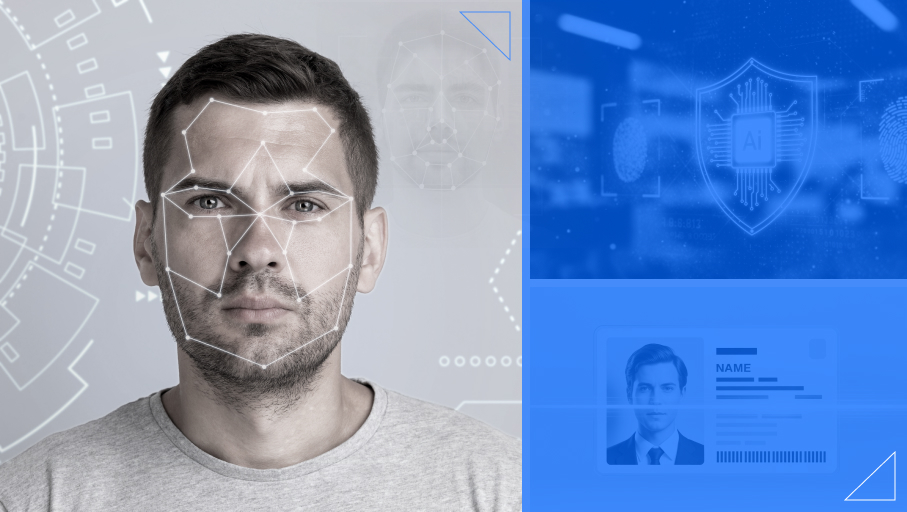Introduction
AI Solutions for Healthcare revolutionize screenings, especially in areas like depression screening, where innovative tools streamline assessments and improve accuracy. Moreove whether through generative AI or specialized software, the healthcare sector is leveraging cutting-edge technology to improve patient care and outcomes.
- Explore how AI is transforming healthcare screenings in this article by WHO.
- Learn more about how AI software is changing healthcare in our case study.
Application Architecture
The application includes three core modules, which together create a comprehensive system:
- Questionnaire Module
Patients respond to a set of standardized questions, aimed at identifying five primary emotions. At the same time, this process analyzes both verbal responses and body language, enabling automatic recording without requiring doctors to manually input data. Consequently, this module forms the foundation for the patient classification algorithm. - Patient Honesty Analysis Module
The system analyzes patients’ speech, body language, and facial expressions to evaluate the sincerity of their responses. Moreover algorithms identify signals indicative of dishonesty. - Depression Assessment Module
Based on data from the other two modules and medical knowledge, this module evaluates whether the patient suffers from depression and assesses its severity. Therefore, it plays a critical role in diagnosing mental health conditions.
Methodology
The project employs the Agile methodology, allowing flexible adaptation to evolving needs. The team holds sprint meetings every two weeks and conducts daily sessions to track progress and address challenges promptly.
Project Achievements
AI Solutions for Healthcare address challenges in early detection of mental health conditions. The project aims not only to introduce modern screening tools, but also to achieve tangible outcomes in practice. Key anticipated achievements include:
- Reducing Patient Assessment Time: Automation of data collection and analysis processes will enable doctors to screen potential depression cases more quickly.
- Supporting Doctors in Screenings: The application helps primary care doctors who lack specialization in psychiatry or psychology detect depression early.
- Relieving Psychiatry and Psychology Specialists: Effective screenings at the primary healthcare level reduce referrals to specialists, easing the burden on psychiatric institutions.
Collaboration and Algorithm Development
The team continuously enhances the application’s AI capabilities. The project team is dedicated to improving the algorithms, with a year and a half of intensive work ahead. Ongoing collaboration with doctors and analysis of research outcomes will refine these AI-driven tools, ensuring increasingly accurate results and contributing to better patient screenings.
Conclusion
The project focuses on simplifying doctors tasks and streamlining screening processes to support depression detection. Innovative algorithms help doctors in primary care settings, identify patients with potential depression more effectively. This not only eases their workload but also reduces the strain on psychiatric and psychological facilities, enabling faster and more effective support for individuals in need.



